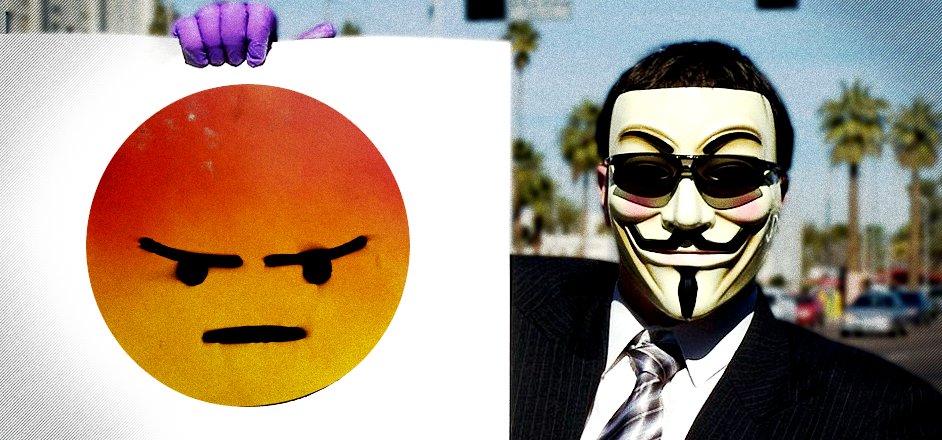“I don’t know who the fuck you think you are,” Caryn says over her shoulder, her back half turned to the woman who’d just approached in a neon security vest.
The scene is tense the moment I arrive at Rock Bottom Brewery on a Friday in downtown Denver; but it’s supposed to be. The stakes are high for the homeless, and with winter months looming, even more so.
The restaurant’s carefully manicured patio is bordered this sunny afternoon by a makeshift soup line, and as deliberately grating shouts from protestors pierce the air, it’s almost comical to watch the well-dressed patrons try to enjoy their appetizers.
Originally under the umbrella of the Occupy movement, but now seemingly running on its own steam, Denver’s Boycott the Urban Camping Ban group has proven itself a force to be reckoned with. The boycotts systematically target members of the Downtown Denver Partnership, which supported and helped push the legislature of the camping ban — a law that forbids unauthorized camping on public and private property in the city and often cited as a blatant attack on the homeless. Folks gather weekly (sometimes more) in front of a chosen business, holding signs, staying loud, and generally making it awkward at best, shameful at worst, to patronize the establishment.
They don’t move on to a new business until the current one denounces the ban, chooses not to renew their membership with the DDP, or both.
With Denver institutions such as Snooze, Tattered Cover and The Palm under their belts, Rock Bottom is next on the list. On this third Friday protest, a member of BUCB confirms that the manager had finally accepted their letter (containing reasoning and requests) to review. For this story, the manager declined to give a comment.
As affordable housing continues to be a national issue, Denver is far from the only city to contend with anti-camping ordinances (Houston, Boise and Seattle have all recently made headlines). By and large, the ordinances are met with backlash from activists and community members, often with favorable outcomes for the homeless. Seventy-five percent of cases since 2014, in fact, according to the National Law Center on Homelessness & Poverty’s report Housing Not Handcuffs.
Naturally, different tactics are used by different communities, and legislature is ultimately essential, however Denver’s boycott angle is, in a word, effective.
“This isn’t the only thing we do,” activist Caryn Sodaro explains, “we go to city council, we go to legislations, we work with homeless in DHOL making tiny homes. It’s not just this, but we’ve been very successful at this. It lets everybody know that’s walking by, ‘Hey maybe it isn’t just about us and spending money.’”
And truly, she’s being modest. The boycotts are incredibly disruptive. It’s impossible not to notice the signs, shouts, rising tensions and sporadic police presence walking by. It draws constant attention from the passing public, and what reads as ire or embarrassment from patrons. In short, it’s cancer to a business. It’s a tactic the nation may see more of, and with a 100 percent success rate thus far, Denver will certainly see more of locally.
The BUCB will continue to go down the line of businesses with the Downtown Denver Partnership until the ban is lifted or has no more support from local companies. Until then, count on more zingers thrown at security guards, managers scowling in their lobbies, and sidewalk tension you can cut with a plastic knife.
“[The homeless] come here for safety, for lights. They’ve been moving out of the area, and they get their stuff robbed, they get raped, they get beat up. But as long as the rich people spending money are happy here, screw the homeless,” Sodaro says, sarcastically. “It’s so upsetting and so wrong, and we will continue this fight until … well until at least I die.”



Leave a Reply
You must be logged in to post a comment.